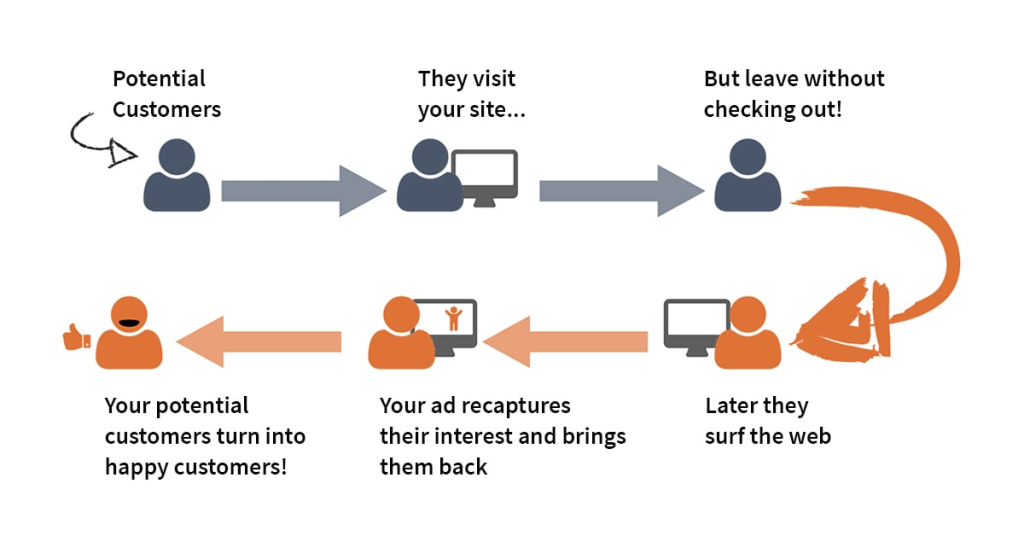
There’s a lot that goes into launching a successful campaign: creating ad content, securing a budget, and optimizing for the most clicks and conversions.
One step that ties all of the above together is deciding how to measure the effectiveness of a digital marketing campaign.
There’s more to campaign success than monitoring sales. Social media audience growth, email list sign-ups, website traffic, consumer sentiment, digital presence, and brand awareness are all worthy outcomes of a marketing campaign. But sales alone won’t paint an accurate picture of your success.
The success of a digital marketing campaign can be measured in a variety of ways, depending on the goals and objectives of the campaign.
Here are some common metrics that are used to measure the success of a digital marketing campaign:
- Website traffic: An increase in website traffic can indicate that the digital marketing campaign is driving more visitors to the website. This can be measured using tools like Google Analytics.
- Conversion rate: The conversion rate measures the percentage of website visitors who take a desired action, such as making a purchase, filling out a form, or subscribing to a newsletter. A higher conversion rate can indicate that the digital marketing campaign is effectively driving visitors to take action.
- Cost per acquisition (CPA): The CPA measures the cost of acquiring a new customer or lead through the digital marketing campaign. A lower CPA indicates that the campaign is more cost-effective.
- Return on investment (ROI): The ROI measures the overall profitability of the digital marketing campaign by comparing the cost of the campaign to the revenue generated from it. A positive ROI indicates that the campaign is generating more revenue than it costs.
- Engagement rate: Engagement rate measures how well the campaign is resonating with the target audience by looking at how many people are liking, commenting, or sharing the content on social media.
- Brand awareness: Brand awareness measures how familiar people are with your brand. This can be measured by tracking mentions of your brand on social media, or through surveys that ask people how familiar they are with your brand.
the metrics used to measure the success of a digital marketing campaign will depend on the goals of the campaign, and what the company is hoping to achieve through its marketing efforts.
How can I be successful in running a campaign in digital marketing?

Are you thinking about to success in the career of digital marketing? be ready to success and follow my guidance after that you can successfully run your campaign.
- Define your objectives: Clearly define the objectives you want to achieve through your campaign, such as increased website traffic, lead generation, or sales. This will help you focus your efforts and measure your progress.
- Identify your target audience: Know your target audience and create a detailed profile of their demographics, interests, and behavior. Use this information to tailor your messaging and choose the most effective channels for reaching them.
- Develop a compelling offer: Create an irresistible offer that meets the needs of your target audience and sets you apart from your competitors.
- Create a multi-channel strategy: Choose the most effective digital marketing channels for reaching your target audience, such as social media, email marketing, or search engine advertising. Use a combination of paid and organic methods to promote your campaign.
- Create compelling content: Develop high-quality and engaging content that is relevant to your target audience and aligned with your campaign objectives. Use a variety of formats, such as blog posts, videos, and info graphics, to keep your audience engaged.
- Test and optimize your campaign: Monitor the performance of your campaign using analytics tools and make data-driven decisions to optimize your strategy. Continuously test and refine your messaging, targeting, and promotional tactics to improve your results.
Source for running digital marketing campaigns.
There are many sources for running digital marketing campaigns. And today I am gonna show you this.
- Google Ads: Google Ads (formerly known as Google AdWords) is a popular platform for running pay-per-click (PPC) campaigns on Google search engine and other Google properties such as YouTube and Gmail. You can create text, display, and video ads to reach your target audience based on keywords, demographics, and interests.
- Facebook Ads: Facebook Ads is a social media advertising platform that allows you to create and run ads on Facebook, Instagram, and Audience Network. You can target specific audiences based on demographics, interests, behaviors, and location.
- LinkedIn Ads: LinkedIn Ads is a professional networking platform that allows you to create and run ads on LinkedIn. You can target professionals based on job title, industry, company size, and more.
- Twitter Ads: Twitter Ads is a social media advertising platform that allows you to create and run ads on Twitter. You can target audiences based on keywords, interests, and behaviors.
- Email Marketing: Email marketing is a way to reach your customers or subscribers through email. You can send targeted and personalized emails to promote your products, services, or content, and nurture leads.
- Content Marketing: Content marketing involves creating and sharing valuable and relevant content such as blog posts, videos, and info graphics. You can distribute your content through social media, email, or search engine optimization (SEO) to attract and engage your target audience.
- Influencer Marketing: Influencer marketing involves partnering with influencers or key opinion leaders in your industry to promote your brand and products to their followers. You can collaborate with influencers on social media or blogs to reach your target audience.
Thanks,






Leave a Reply
You must be logged in to post a comment.